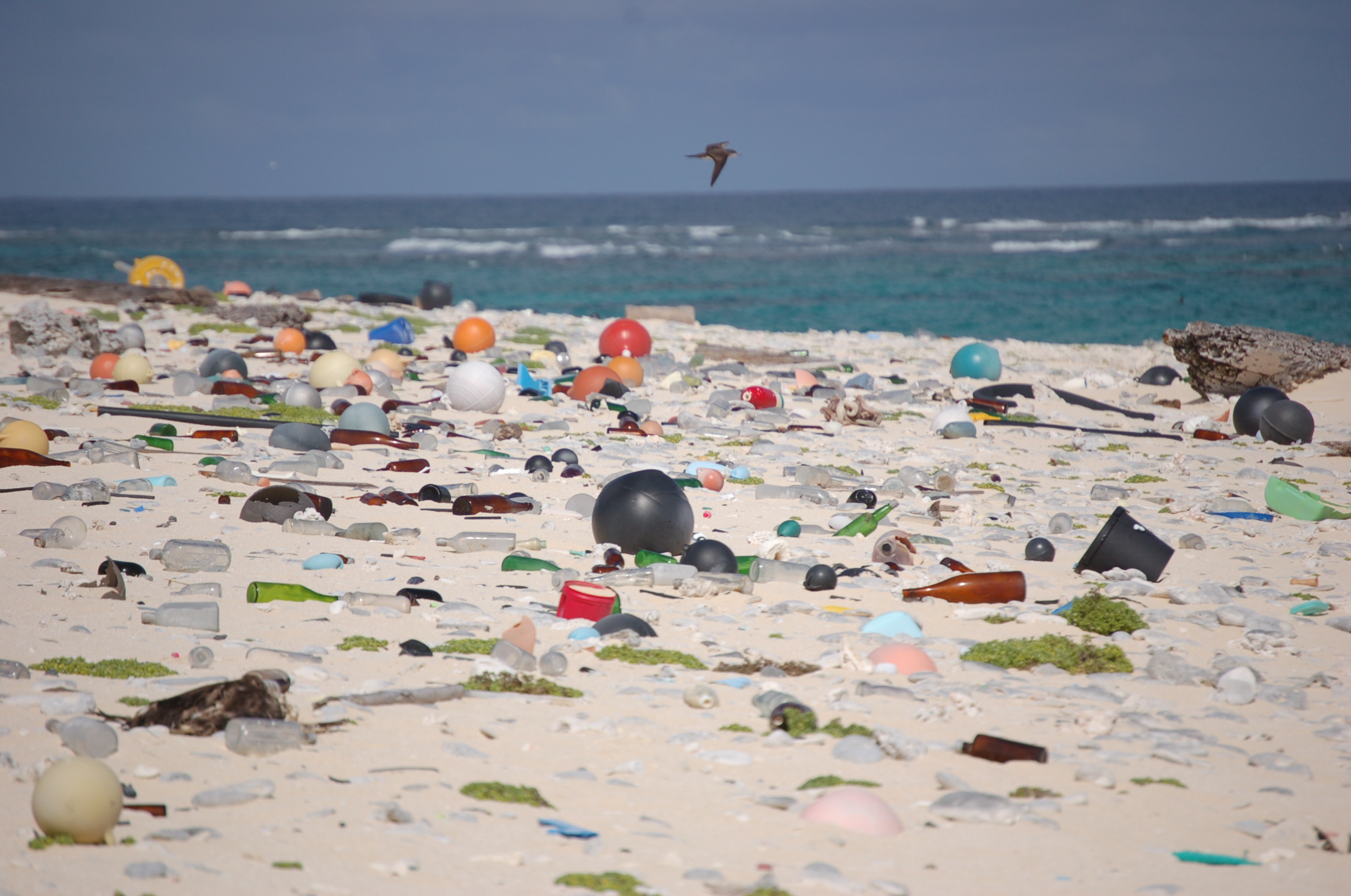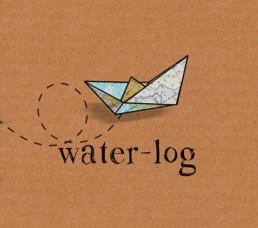
Sailing gives you the opportunity to have your eyes opened to different cultures, exotic new flavours and languages, enabling you to learn new ways of thinking and being. This constant education is the single most fulfilling thing about our cruising life. Yet, the downside to having such wide eyes is that you cannot ignore or avoid the more unpleasant sights.
On our last visit to the UK we were asked about plastic pollution and it’s easy to talk about when in London where we all sort our rubbish, use hessian bags for the weekly shop and have a regular recycling collection. It’s a lot harder to face when back in South East Asia, in some of the world’s most beautiful sailing grounds and dive sites, seeing first hand the ports choked with plastic bottles and the beaches littered with disposable nappies. It’s painful.
As full-time sailors you develop your green credentials pretty swiftly. Our yacht’s domestic electricity comes from solar panels and a wind turbine. We don’t have an energy hungry watermaker or freezer; we use a wind vane rather than an autopilot; we conserve our water and power as much as we can and try to create as little waste as possible. So the finite nature of our resources coupled with our experiences on long ocean passages means we’re savvy about rubbish management.
But being environmentally conscientious on board is only part of it as responsibly disposing of your refuse and recycling once you reach the shore can be really tricky. The tiny Pacific island of Niue made glass bottles illegal as a cargo boat from New Zealand recycles their cans but there’s no provision to take bottles. In the archipelago of Bocas Del Toro, Panama, every island was dependent on one mainland rubbish dump that simply locked its gates forever one day, when it got full. Then there are communities where locals drop the trash in their own backyards and beaches, only to watch the next wave or high tide bring it all back.
When packaging all used to be biodegradable there would have been no problem. A generation ago all our products were packaged in glass, metal, or paper. Of course these all take time to breakdown but it will happen eventually. Whereas the throwaway nature of plastic packaging and cheap, mass-produced plastic products, engenders carelessness about what happens once it leaves our hands. But the expendability doesn’t change the fact that the plastic itself is made to last forever.
Currently 50% of the plastic waste we produce is buried in landfill and the other 45% is lost in the environment, washing out to sea, whilst only 5% is recovered and recycled. There are an estimated 20,000 pieces of plastic in every square kilometre of ocean but only a small percentage of them float on the surface. The other 80% appear at various depths throughout the water, break down to even smaller size or come to rest on the sea floor. It ends up being eaten by marine animals and seabirds or trapping and tangling them up with fatal results.
This is not a problem that is going away and witnessing the sheer scale of the garbage in Indonesia has had a sobering effect on our sailing family, so completely at odds with the experience we hope for. It is at once heart-breaking and inspiring that our children will land on a beach in the Komodo national park and suggest collecting all the washed up flip-flops, polystyrene and plastic bottles to make the shoreline beautiful again.
So in order to reduce the amount of plastic waste it means making adjustments to our lifestyle, even for us with our solar panels, wind turbine and general eco attitude. These changes, however, can be really small, like using cloth nappies, bamboo toothbrushes, safety razors, reusable bags and coffee cups instead of the plastic equivalent single-use items. The biggest impact will come from stopping the massive amounts of plastic litter before it travels over land, and into our oceans.
Pollution takes what is marvellous out of the water. All the things that we love and enjoy about it, sailing, swimming, snorkelling, become somehow less complete and less magical. There is a price to the convenience of packing your groceries in the shop’s plastic bags, buying the bottle of water while you’re out or using a takeaway coffee cup when you’re in a hurry. It’s truly too high and our remarkable oceans are paying for it. And unless we want to be left with nothing but trash soup we all need to start giving more of a damn about it.
